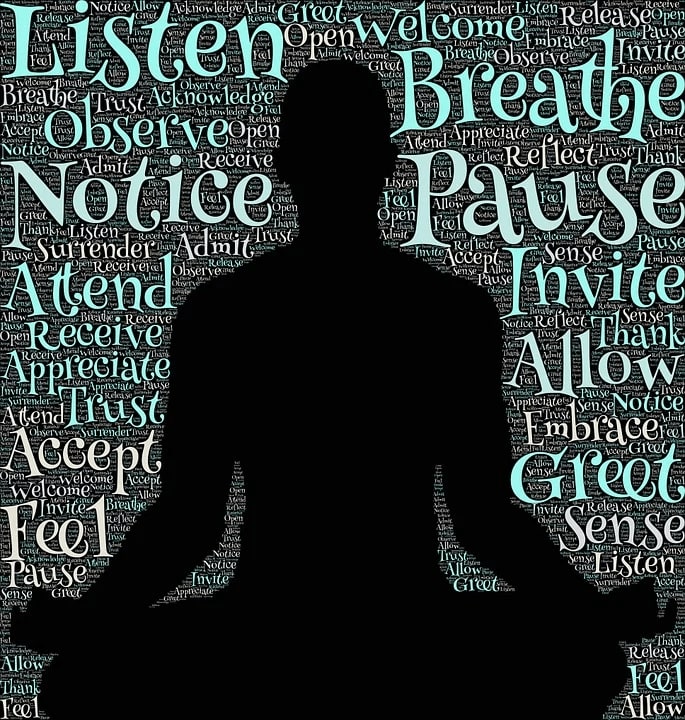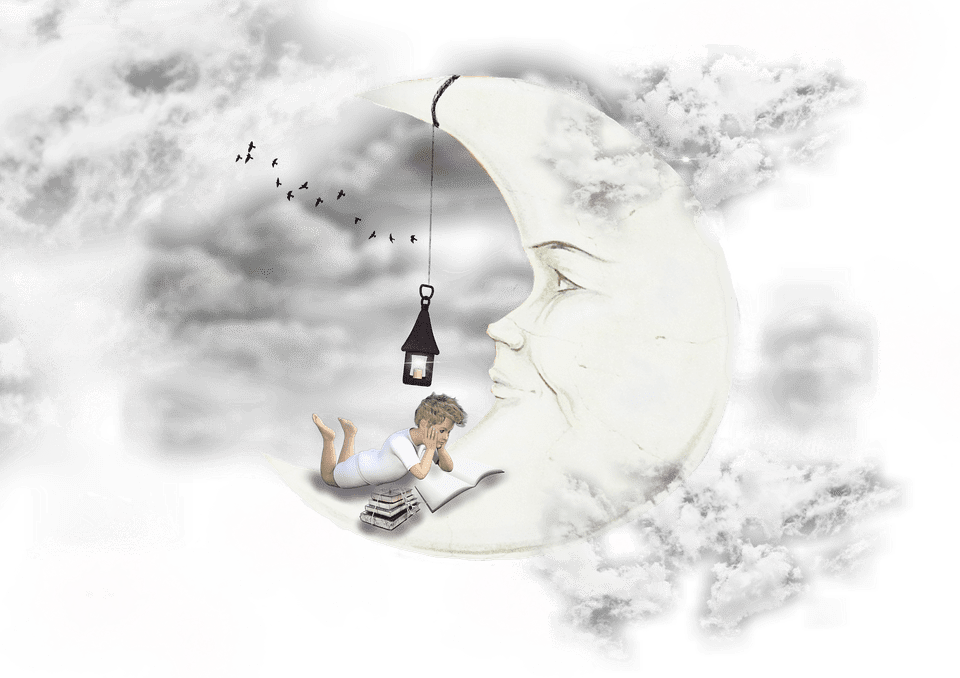“Relax, Recharge and Reflect. Sometimes it’s OK to do nothing.” ― Izey Victoria Odiase
From minor challenges to major crises, stress is a part of our lives. You may not always be able to control the circumstances, but you can control your response. When stress becomes overwhelming, it can take a toll on your well being. It’s important to have effective stress relievers to calm your mind and body. It’s also important to have a variety of tools to choose from. What works at night may not work during the day. Have a few to choose from so you can pick the strategy that works for your circumstance. Here are a few tools that can help reduce stress and anxiety.
Breathing – Just focusing on your breath or changing the way you are breathing can make a big difference in your overall stress levels. Taking a few moments to use some breathing techniques can calm your mind and your body. 2 simple ones are:
- Breathe in through your nose and watch your belly fill with air. Count slowly to three as you exhale. Hold for one second then slowly breathe out of your nose as you count to three.
- Coherent Breathing- Inhale for a count of 5 through your nose then exhale for a count of 5 from your mouth. Do this for several minutes.
Exercise – We know that exercise is good for our physical health but it is also known to relieve stress, enhance mood, improve self-esteem, and increase energy levels. During exercise, the body releases chemicals called endorphins which can cause a euphoric feeling and aid in the reduction of physical pain. Get moving, take a walk and concentrate on your breathing.
Sleep – Disrupted sleep is common and can be more difficult during times of stress. Losing a few hours of sleep can increase feelings of stress, anger, sadness, and exhaustion. When you lie in bed worrying and anxious, it makes it impossible to relax and fall asleep. If you don’t get enough sleep at night, the brain chemicals connected with deep sleep are the same ones that stop the production of stress hormones. The next day, you feel more stressed, then it’s hard to sleep again, and the cycle repeats. The more exhausted you feel, the less you are able to focus at work or school, leading to more stress which can then lead to a higher risk of depression, high blood pressure, and stomach issues. A few simple ways to help with sleep are avoiding naps, watching your caffeine intake, practice your breathing exercises, and meditation.
Diet – What you eat and drink can impact your emotional state. Foods containing caffeine and alcohol, even in small amounts, can trigger anxiety, nervousness, and irritability. When stress strikes, the body releases insulin, and cortisol which can trigger hunger and cravings. Keep healthy snacks at home to encourage better habits. Eating regularly throughout the day helps keep your blood glucose stable. Stable glucose levels are associated with better academic and physical performance. Eat plenty of fruits and vegetables and limit caffeine intake for better sleep. Drink plenty of water to stay hydrated throughout the day.
To all, to each, a fair good-night, And pleasing dreams, and slumbers light.


